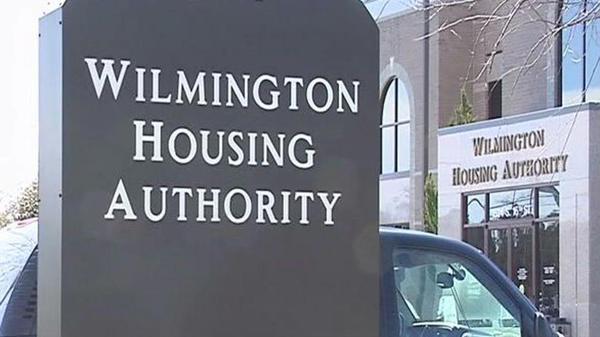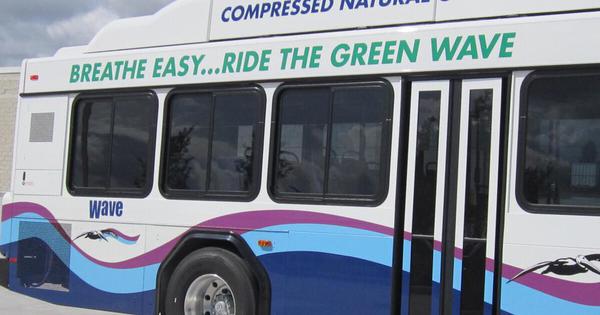Granny Flats: The secret solution to the housing crisis
The affordable housing crisis is national in scope, but it’s uniquely painful in the South because of low wages and surging demand. So what are some creative solutions to this rapidly growing and intractable problem? Backyard cottages? Flipping hotels into rental housing? Or building out job training programs? We asked smart people in the housing space what they consider the most effective strategies to improve housing with help from the New Hanover Community Endowment.















